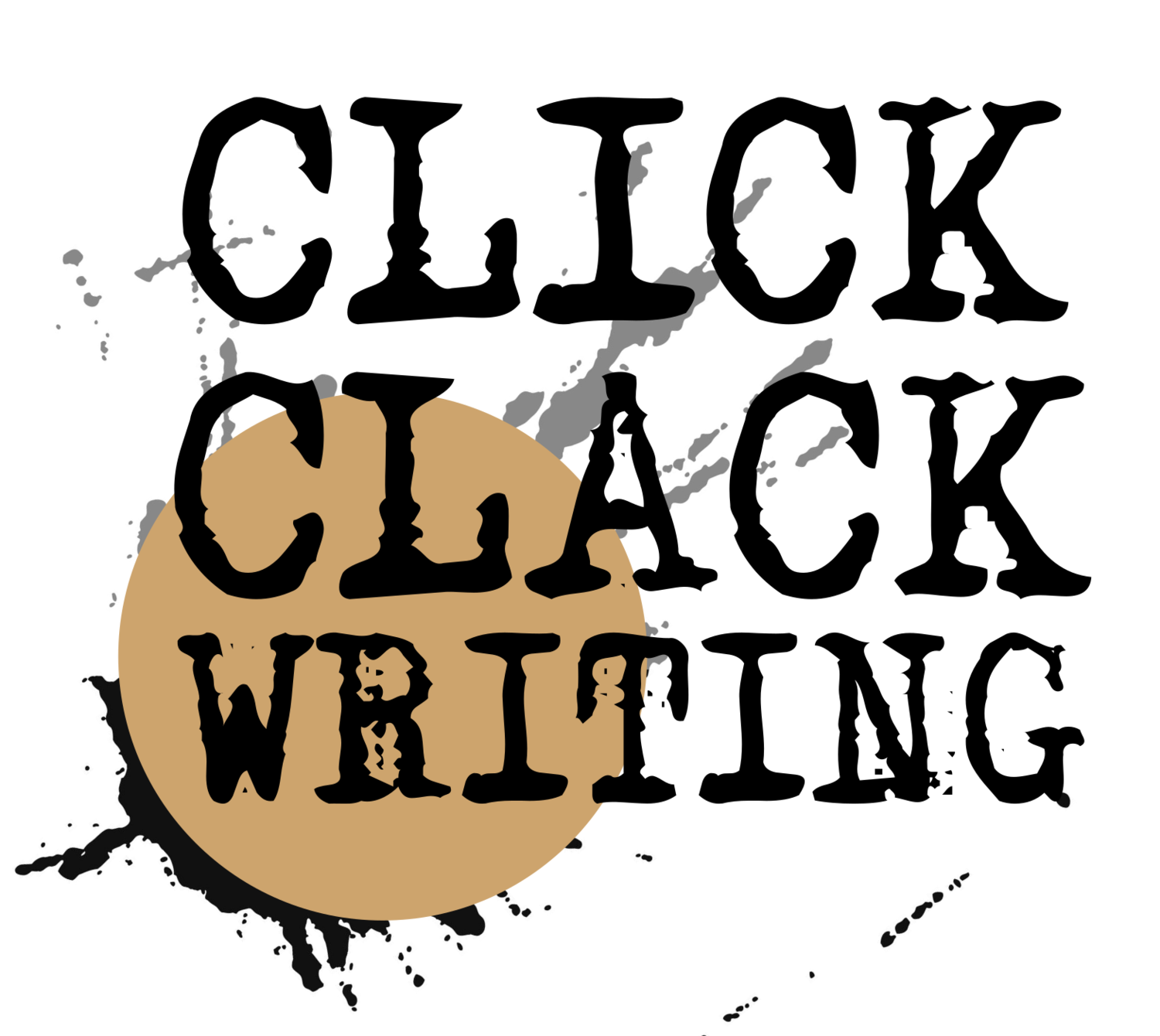We’ve been told countless times that being a “yes man” or a “yes person” is a terrible thing to be. This is a person who mindlessly agrees to do a task, no matter what it is or what parameters he or she are given. A yes person is someone who says yes, regardless of whether they have the skills, time, or inclination to do the task at hand. It is a person who boldly plows forward, like a pet troll on a leash, bumbling forward when its master tugs.
Is saying yes really that bad? I argue that it isn’t.
Saying yes takes you out of your comfort zone.
It allows you to stretch yourself and explore new things. Obviously, you shouldn’t say yes to nuclear physics experiments or brain surgery when your background is in HR, but honestly, why would any sane person ask you to do that?
What it does mean is that you shouldn’t be afraid to tackle new tasks that will leverage a seldom-used ability or expand your skill set.
Are you a writer? Why not try editing?
Are you a painter? Why not try sculpture?
Are you a paper-pushing office minion? Why not try leading a team of paper-pushing office minions?
Say yes and challenge yourself to step into new territory. By practicing zone-stretching, you become more mentally-agile, adaptable, and able to solve problems.
As a freelance writer, I’ve been asked to do basic graphic design, build websites, create promotional videos, run marketing campaigns, and many more skill-stretching tasks. I’ve often accepted these assignments, but *huge caveat* I always let my client know the limitations of my abilities.
Be Honest About Your Abilities
During my career I’ve designed and built nearly twenty websites, but I am not a professionally trained programmer. My specialty is copywriting, but many people are only looking for a basic, no-frills site, and that I can do. If the client wants any fancy animations or custom-built templates, I’m not their person.
It is vitally important to articulate to the client:
- What you know
- What you are willing to try
- What lies outside your comfort zone
The second area, what you are willing to try, is your area of opportunity. This is where you can grow your skills and accumulate new knowledge. If you’ve only made still PowerPoints in the past, this is your chance to create a video. If you’ve only read articles about creating a Google Ads campaign, this is your chance to apply your knowledge.
If you’ve proven yourself to be capable in other fields, you might be surprised how many clients are willing to trust you with other, unrelated tasks.
But, what if you mess up?
What if you’ve agreed to build a website and the client’s needs end up being over your head. Do you muddle through? Do you secretly hire help?
In my experience, transparency is the best policy.
If you’re bumping up against an impenetrable wall, let your client know. And do the right thing: Eat the cost.
(Or, in some case, eat part of the cost. The circumstances will help you decide…)
It’s not ethical to bill a client for your experimentation time. It’s not right to bill them if you’re not able to deliver. Chalk it up to a learning experience and either build your skills for next time or draw a line in the sand and decide that, hey, doing X task really isn’t your thing.
After you’ve had a flub, it’s also a good idea to help your client move forward. If, for instance, you tried to create a newsletter header and it just didn’t go well, reach out to your friend who is a killer graphic designer or do a little digging on your client’s behalf. This extra effort will show that you’re committed to delivering quality work, even if you’re not able to do it on your own.
Saying Yes Helps You Understand Yourself
Most of the time, saying yes has worked out in my favor. It’s how I got into ghost writing. It’s how I wrote and designed my first eBook for a customer. It’s how I learned the ins and outs of Inkscape (a graphic design program).
Saying yes helped me explore many areas of freelance: copy writing, graphic design, website building, editing, social media marketing, and on. By diving into so many different disciplines, I eventually discovered what I liked best and where I exceled. This knowledge helped me whittle down my offerings to four main services.
If I had played it safe and never stretched my abilities, I would not have discovered the areas in which I shine. Heck, if I had played it safe, I would have never become a freelancer in the first place.






